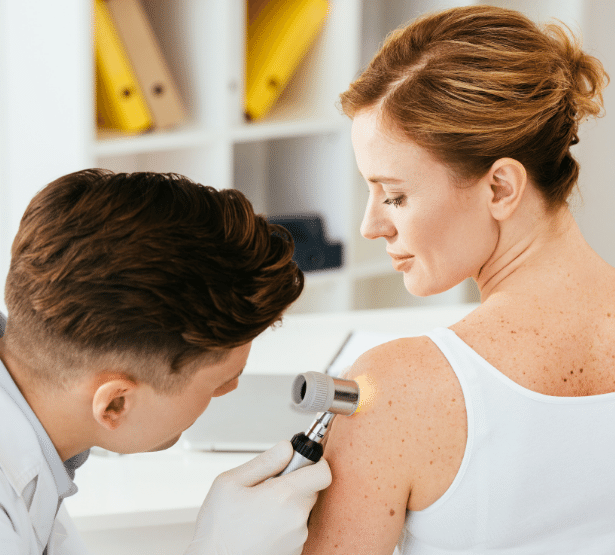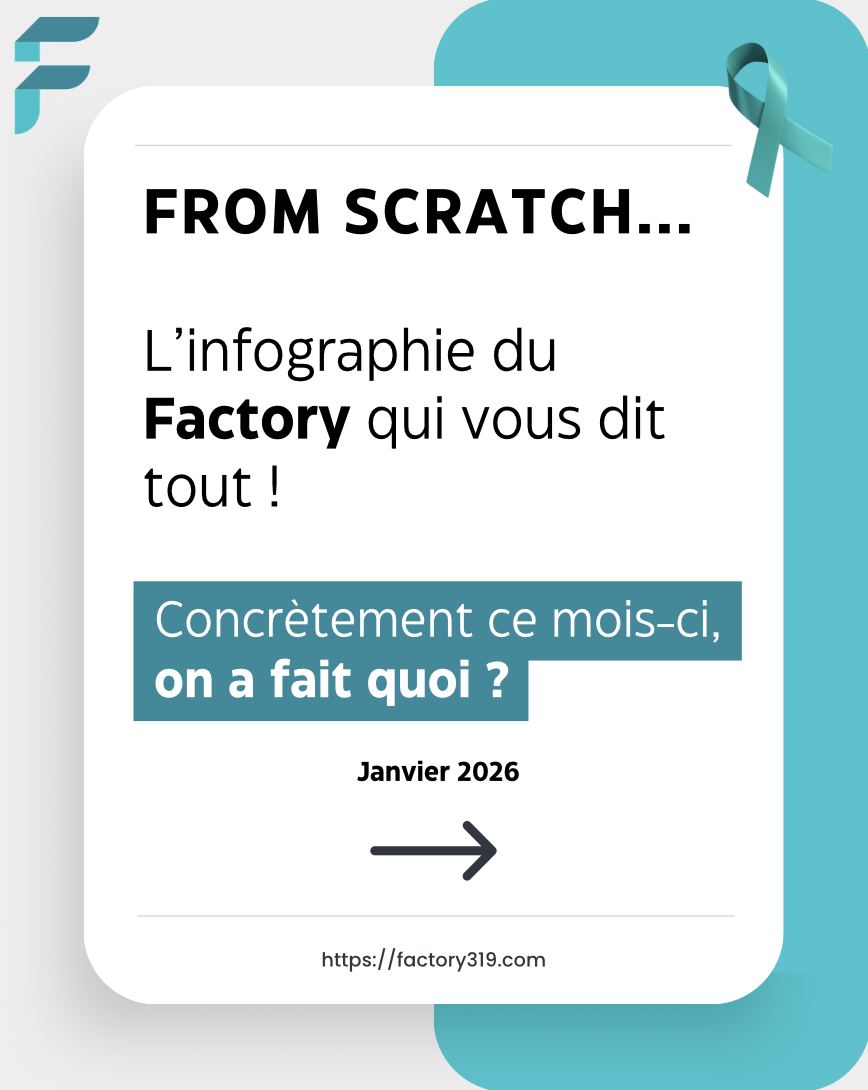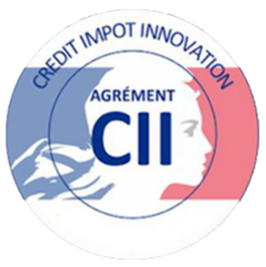
Tele-expertise in Dermatology: A Breakthrough in Patient Care
Dermatology appointments often involve long wait times, which can delay diagnosis and negatively impact patient outcomes. In regions facing a shortage of dermatologists, telemedicine—specifically tele-expertise—is emerging as an effective solution to improve access to care.
Tele-expertise: A New Model of Care Coordination
According to Dr. Henry Pawin, video-based teleconsultation is not ideal for dermatology. The image quality is often insufficient, and certain body areas are difficult to show via webcam.
Tele-expertise, on the other hand, facilitates collaboration between a referring physician and a dermatology expert. The general practitioner remains the patient’s primary point of contact, but receives a specialist’s opinion without delay. This model reassures the patient and ensures fast, effective care.
Since April 1st, 2022, Avenant 9 of the French Medical Convention introduced a tiered reimbursement model:
- The referring physician receives €10 per request (code RQD)
- The expert dermatologist receives €20 per response (code TE2)
How Does Tele-expertise Work?
After obtaining the patient's consent, the general practitioner takes photos of the skin condition using a smartphone and fills out a brief form. This data is securely submitted through a dedicated platform to a dermatology expert.
The expert reviews the case, provides a diagnosis, and suggests next steps—whether that involves treatment, a biopsy, or an in-person consultation.
The Burgundy Pilot: A Proven Success
In Burgundy, physicians have been using tele-expertise for skin tumors for several years, with support from the regional health agency (ARS). In 2021, they conducted 1,225 tele-expertise cases, yielding promising results:
- 37% of cases led to surgery
- 70% were cancerous tumors, including 4 melanomas
- Only 40% of patients required a follow-up in-person consultation
This system improves access to care while reducing unnecessary appointments, freeing up capacity for urgent cases.
Spotlight on Avisdoc: An Innovative Platform
Avisdoc is a tele-expertise platform designed by dermatologists and supported by the Robert Debré Research Association. Its scientific board includes experts from Hôpital Saint-Louis.
The platform allows referring doctors to submit requests securely via computer, tablet, or smartphone. A pilot project in the Nièvre region, involving six physicians, led to early detection of multiple skin cancers and improved patient outcomes.
Avisdoc is one of the startups supported in our portfolio.


